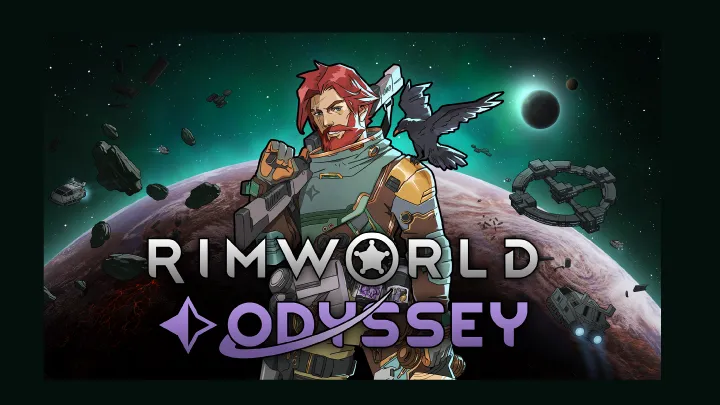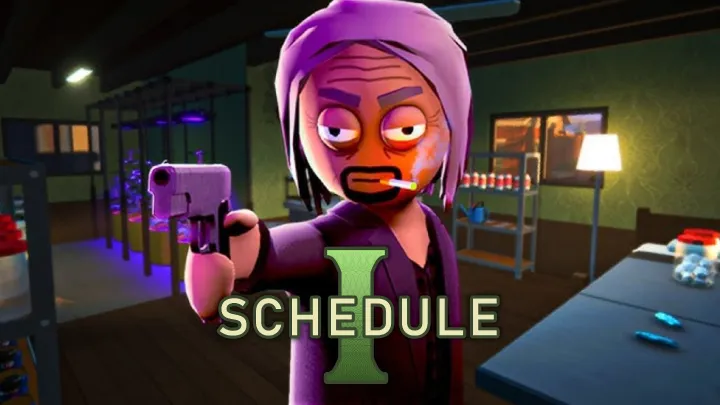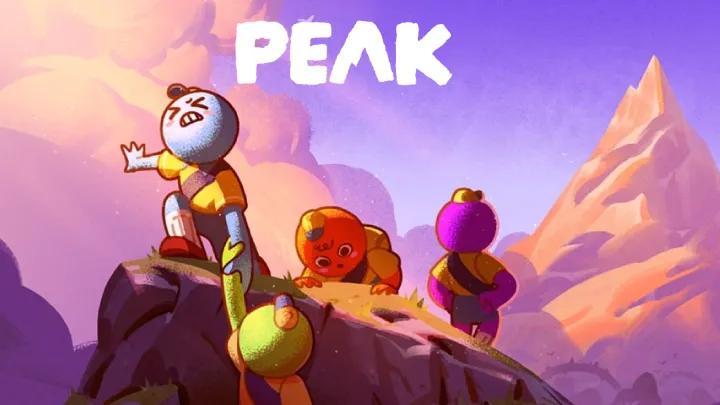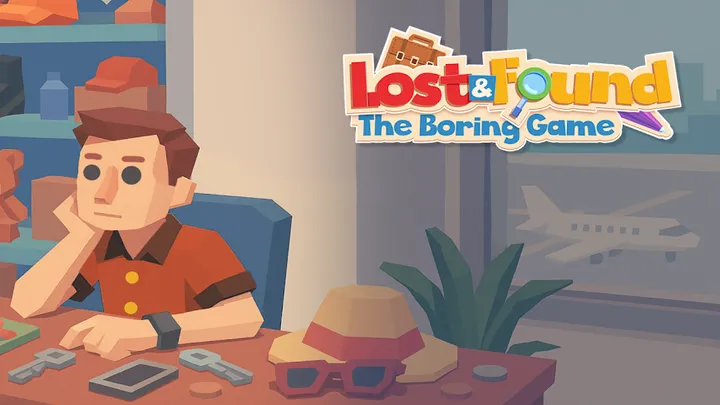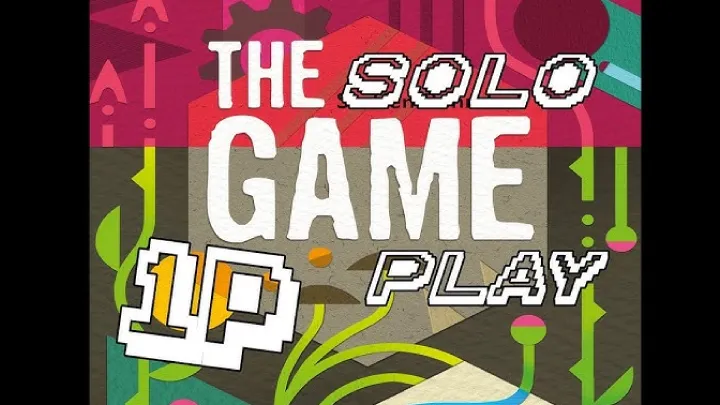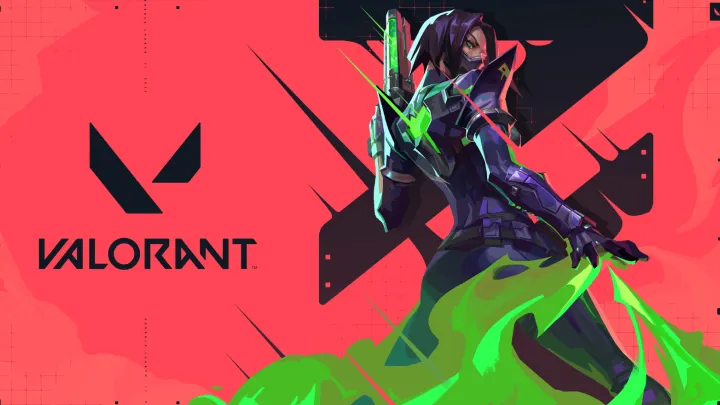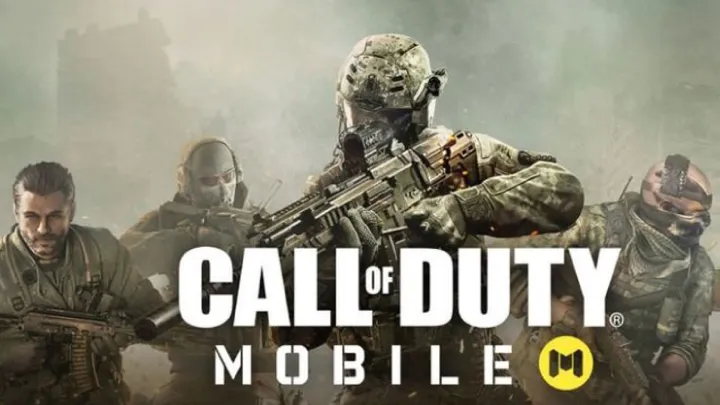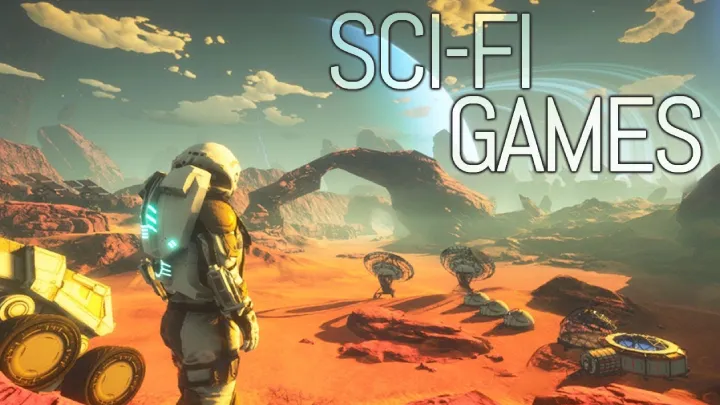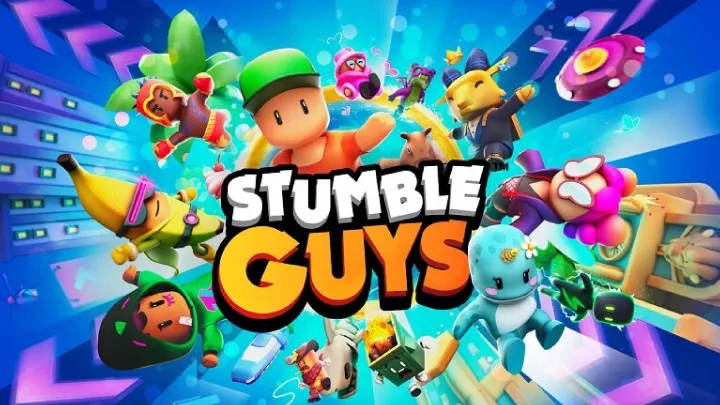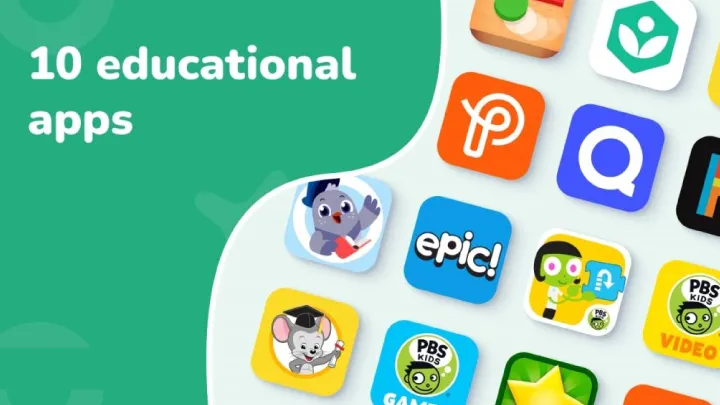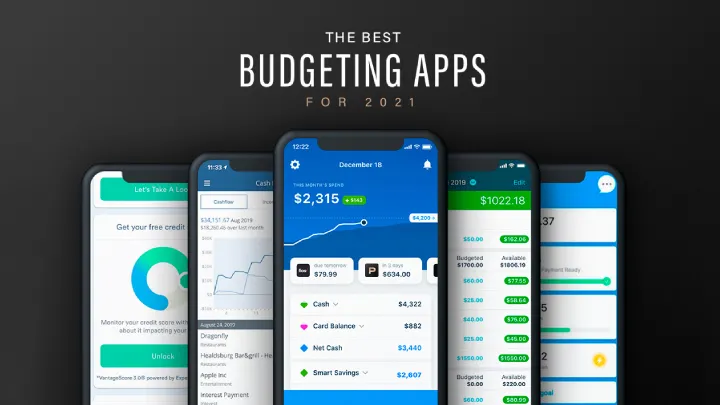Introduction: The Digital Transformation of Learning
Education in 2025 looks dramatically different compared to a decade ago. Technology has evolved from static e-books and online videos into interactive, AI-driven, and adaptive learning ecosystems. The best educational apps are not just tools but personal learning companions that guide students through personalized journeys, adapting in real time to their needs, learning pace, and goals.
In this era, students from kindergarten to university have access to apps that teach math through gamification, languages with immersive VR, and science using AI tutors. Beyond knowledge delivery, these apps also nurture critical thinking, creativity, and collaboration—skills essential for the future workforce.
In this article, we’ll explore the Top 10 educational apps of 2025, showcasing how they are making learning smarter, faster, and more engaging.
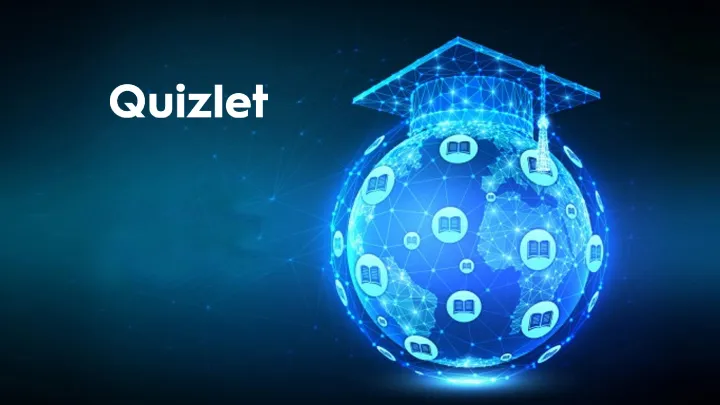
1. Duolingo Max: AI-Powered Language Learning
Duolingo has long been a favorite for language learners, and in 2025, Duolingo Max sets a new standard. With GPT-5-powered conversational practice, students can now simulate real-world conversations with AI characters that respond naturally.
Duolingo also incorporates speech recognition with instant pronunciation feedback, helping learners sound fluent faster. New immersive “story modes” allow students to learn vocabulary in context, like ordering food in Paris or negotiating in Tokyo.
Why It Stands Out
- Adaptive lessons tailored to each learner’s progress.
- Gamified streaks keep motivation high.
- Integration with VR headsets for immersive practice.
2. Khan Academy Neo: The AI Tutor for Every Subject
Khan Academy has redefined itself with Khan Academy Neo, an AI-driven tutor available 24/7. This app provides step-by-step explanations for math, science, history, and more, adapting difficulty in real time based on student performance.
In 2025, Neo integrates with school learning management systems (LMS), allowing teachers to monitor progress and assign personalized homework. Students benefit from interactive practice problems where the AI detects errors and explains concepts instead of just giving answers.
Key Highlights
- Personalized AI tutoring for K–12 and college subjects.
- Integration with classroom systems.
- Interactive challenges and gamification.
3. Quizlet AI+: Smarter Flashcards and Study Plans
Quizlet has always been about flashcards, but in 2025, Quizlet AI+ transforms it into a smart study coach. Instead of students creating sets manually, the app now generates customized flashcards from uploaded notes, textbooks, or lecture recordings.
AI-driven spaced repetition algorithms ensure that students focus on weak areas while reinforcing mastered concepts. With the new Quizlet GPT chat mode, learners can quiz themselves conversationally, asking questions like, “Explain the causes of World War I in simple terms.”
Why Students Love It
- Automated flashcard generation.
- AI-curated study plans based on exam dates.
- Voice and chat-based study assistant.
4. Photomath Vision: Math Problem Solving Reimagined
Photomath has always been a go-to for solving equations, but in 2025 it evolves into Photomath Vision. Beyond scanning math problems, the app now uses augmented reality (AR) to visually demonstrate solutions.
For example, when solving geometry problems, Photomath Vision projects interactive 3D shapes onto the screen so students can rotate and explore them. It also provides step-by-step tutorials tailored to a student’s skill level, making it an excellent tool for both beginners and advanced learners.
Major Updates in 2025
- AR-based math problem solving.
- AI tutor that adjusts explanations based on age and skill level.
- Multi-step reasoning explanations instead of shortcuts.
5. Coursera Edge: Professional Learning for Students
In 2025, Coursera Edge bridges the gap between school and professional skills. While still offering courses from top universities, the app now includes AI-guided career learning paths.
Students can choose a future goal—such as becoming a software engineer, data scientist, or digital marketer—and Coursera Edge curates courses, projects, and assessments aligned with that career. The app also provides AI career coaches that suggest certifications and internships.
Why It Matters for Students
- Career-driven course recommendations.
- Hands-on projects for real-world learning.
- Integration with job boards for direct opportunities.
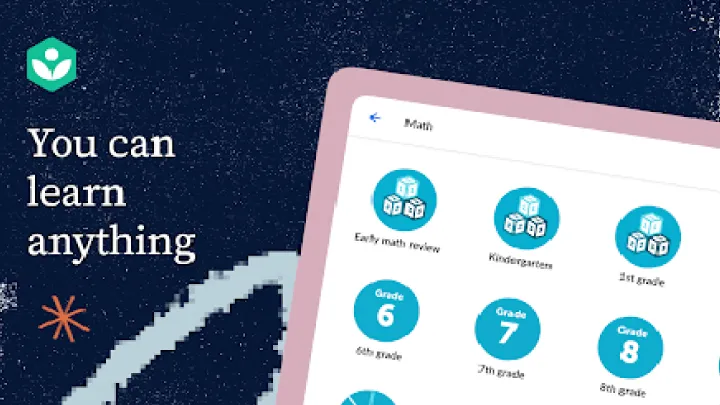
6. Edmodo Next: The Social Learning Network 2.0
Edmodo, often described as the “Facebook for education,” has reemerged in 2025 as Edmodo Next, a powerful platform for collaborative learning.
Students can join global study groups, exchange ideas, and even collaborate on AI-moderated debates. Teachers now have access to real-time dashboards that track engagement and performance.
Edmodo Next also supports AI-driven peer feedback, where students can upload essays or projects and receive structured reviews generated by AI plus input from classmates.
Key Enhancements
- Social learning with global classrooms.
- AI-assisted group projects.
- Secure communication channels for teachers and students.
7. Brainly AI: Crowdsourced Knowledge with Smart Filtering
Brainly remains a favorite Q&A app, but in 2025, it introduces Brainly AI filters that ensure accuracy and prevent misinformation. Students can still crowdsource answers, but AI now verifies solutions before they are published.
Additionally, Brainly AI suggests follow-up questions and deeper learning pathways, helping students go beyond memorization and achieve true understanding.
Standout Features
- AI-curated, verified answers.
- Encourages critical thinking with guided questions.
- Ideal for quick homework help and in-depth study.
8. Skillshare NextGen: Creative Learning for Students
Skillshare has expanded its focus from creative professionals to students seeking practical skills. In 2025, Skillshare NextGen offers interactive courses on design, video editing, coding, and even entrepreneurship tailored for young learners.
Students can now participate in AI-graded projects, where feedback is instant and personalized. The app also supports peer-to-peer mentorship, letting students showcase projects and get constructive criticism.
Why It’s Popular
- Hands-on creative projects.
- AI-powered instant feedback.
- Affordable access to real-world skills.
9. Brilliant XR: Learning STEM Through Immersion
Brilliant has always focused on math, science, and problem-solving. In 2025, Brilliant XR integrates extended reality (XR) to create immersive experiences.
Students can step into a virtual physics lab, manipulate molecules in chemistry, or explore a 3D model of space to learn astronomy. The AI adapts these experiences based on performance, making complex topics accessible and engaging.
Highlights
- XR-based interactive learning.
- Adaptive problem sets.
- Perfect for STEM learners and visual thinkers.
10. Google Classroom AI: Smarter Digital Classrooms
Google Classroom has been a staple in schools, and in 2025 it evolves into Google Classroom AI. This updated platform not only organizes assignments but also provides personalized learning recommendations for students.
Teachers benefit from AI tools that auto-grade essays, detect plagiarism, and suggest teaching materials. Students enjoy real-time feedback on assignments and guided study suggestions.
Why It’s a Game-Changer
- Seamless integration with Google Workspace.
- AI-driven personalized recommendations.
- Widely adopted in schools worldwide.
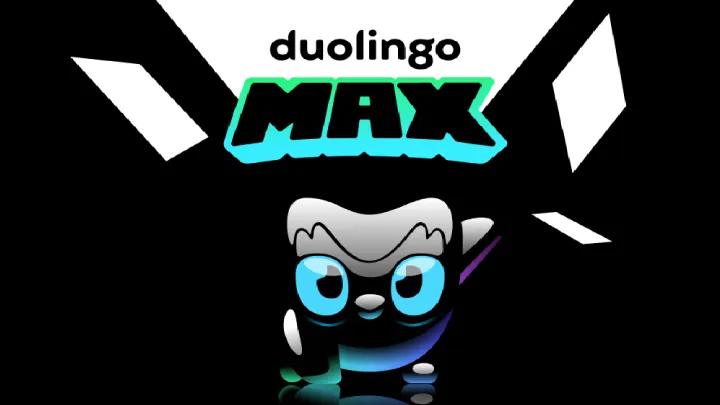
Conclusion: Smarter Learning in the Age of AI
The top 10 educational apps in 2025—Duolingo Max, Khan Academy Neo, Quizlet AI+, Photomath Vision, Coursera Edge, Edmodo Next, Brainly AI, Skillshare NextGen, Brilliant XR, and Google Classroom AI—represent the future of education.
These apps are no longer passive tools. They are active learning partners, capable of personalizing lessons, simulating real-world experiences, and coaching students to think critically. Whether you’re a middle school student learning algebra, a college student preparing for exams, or a lifelong learner picking up new skills, these apps provide smarter, faster, and more engaging pathways to knowledge.
In 2025, education is no longer bound by classrooms—it’s accessible anytime, anywhere, and tailored to every learner’s needs.


